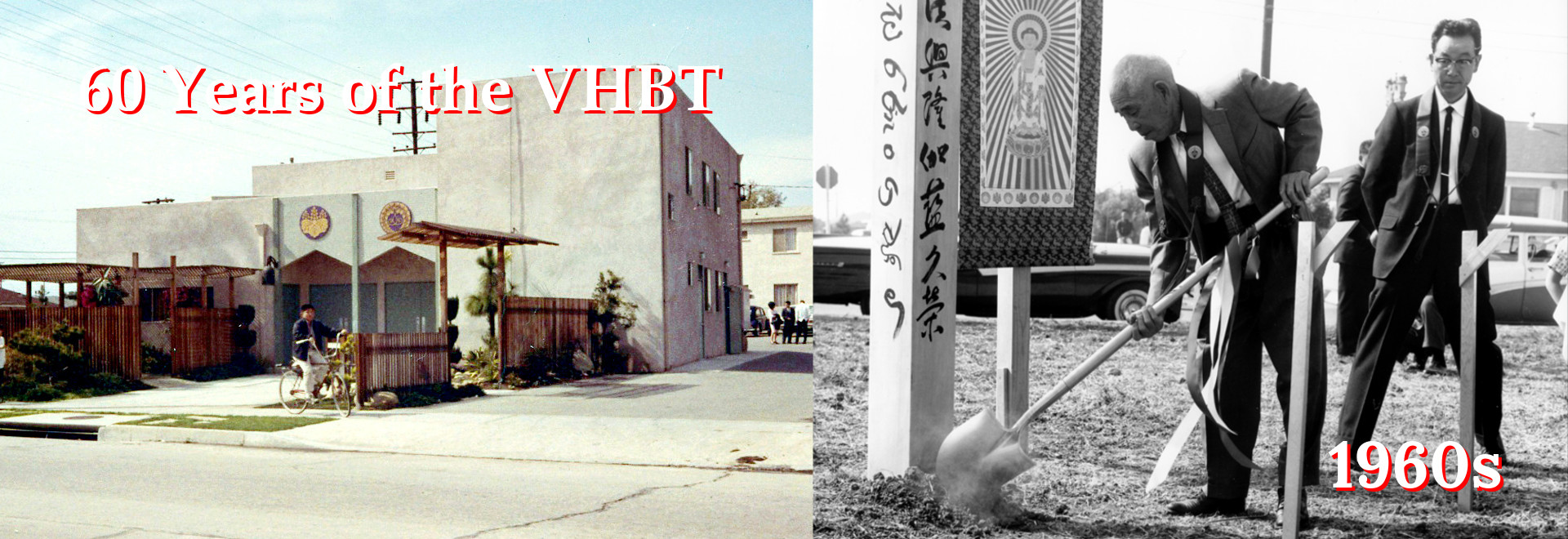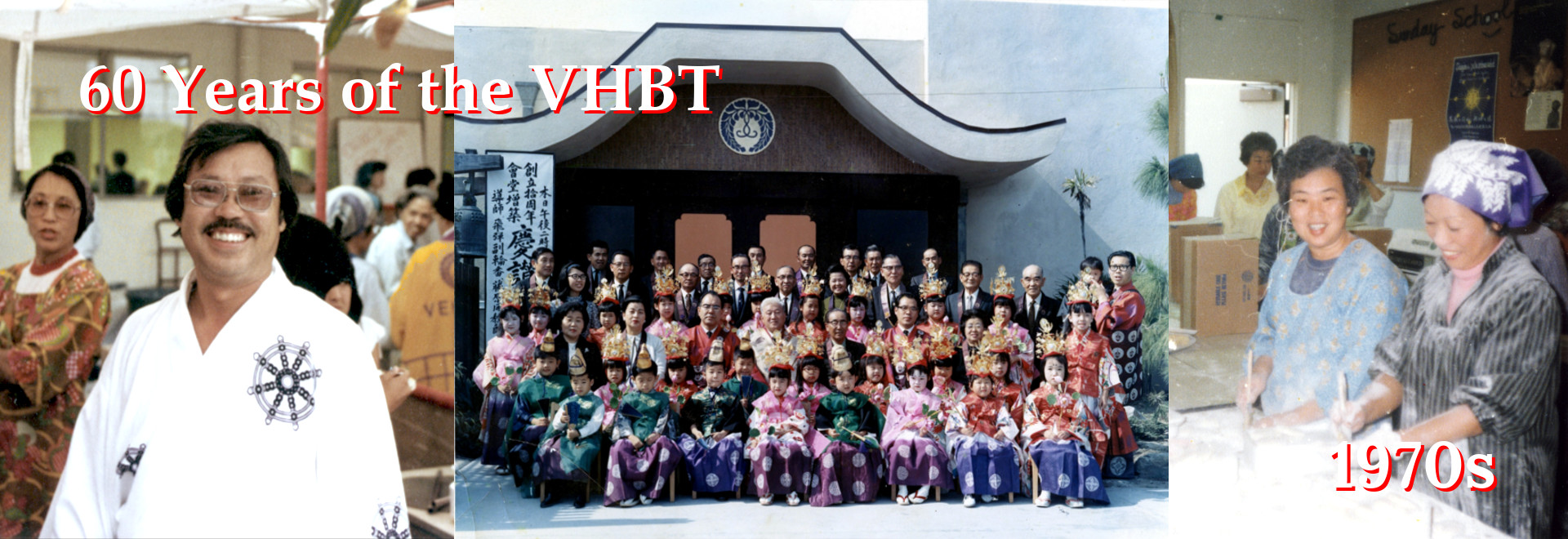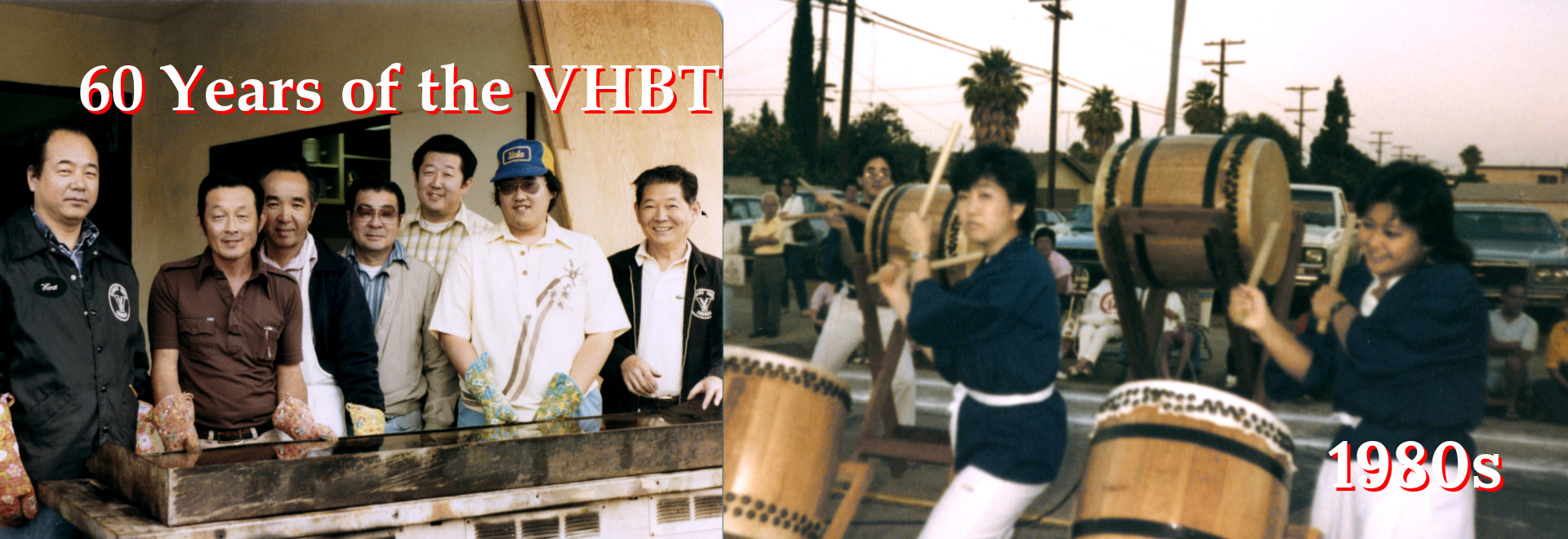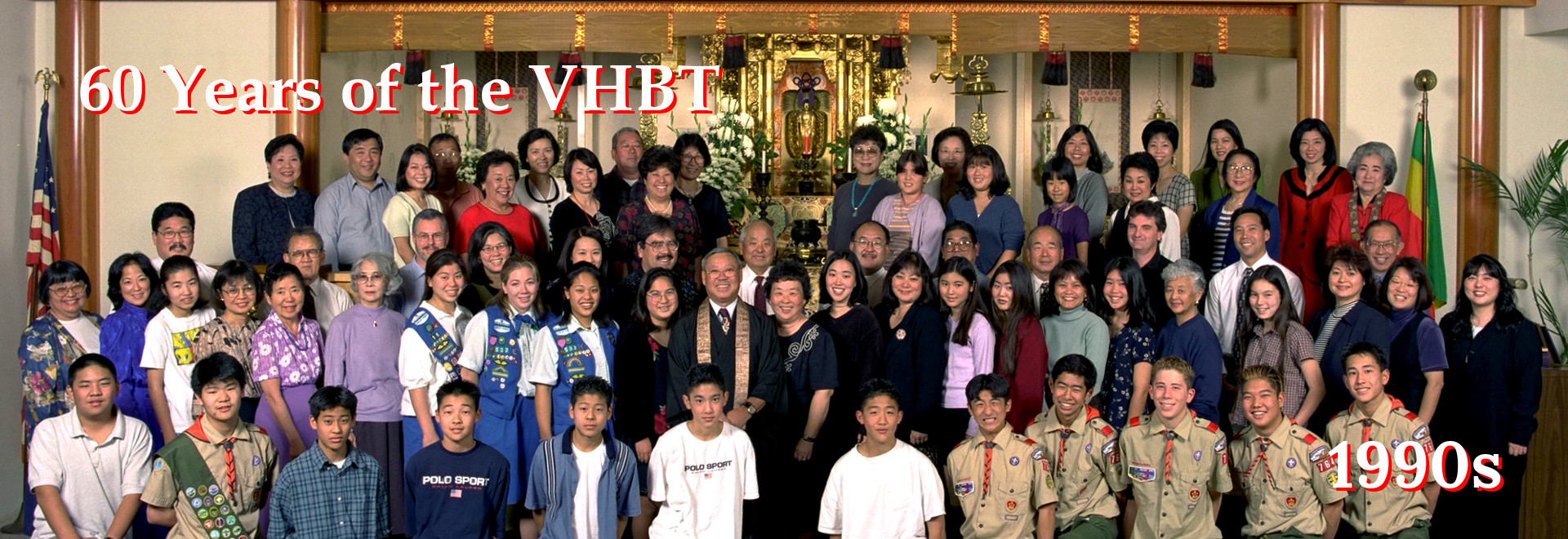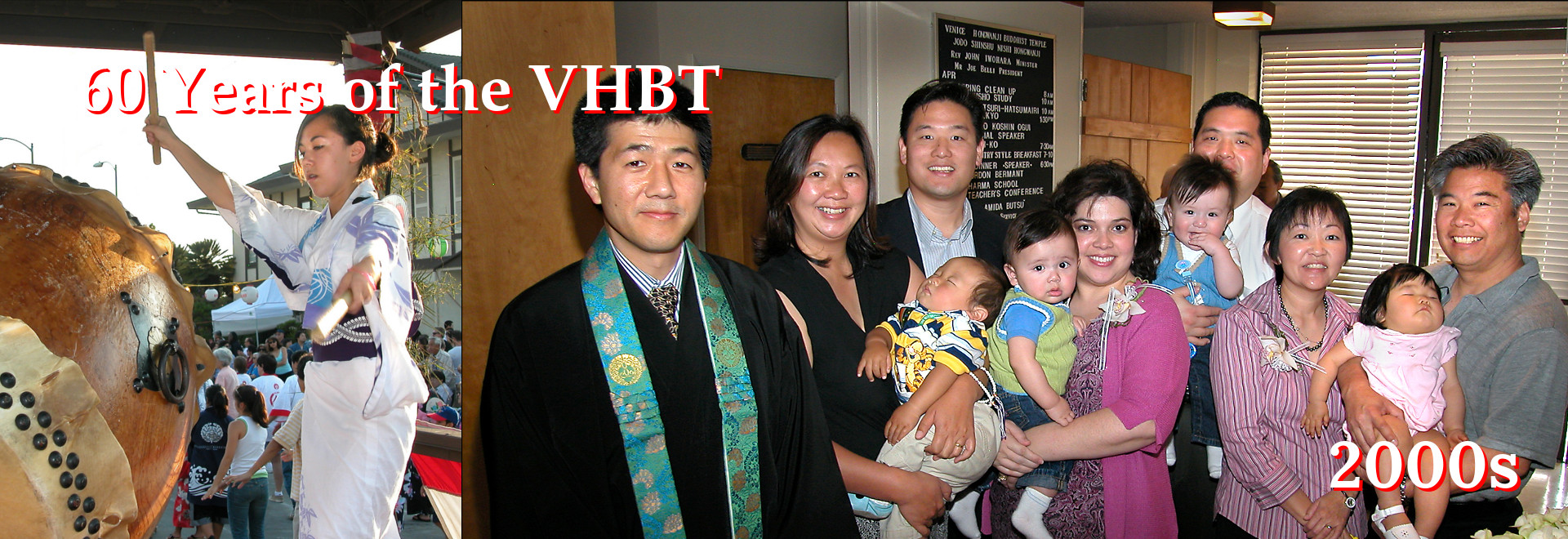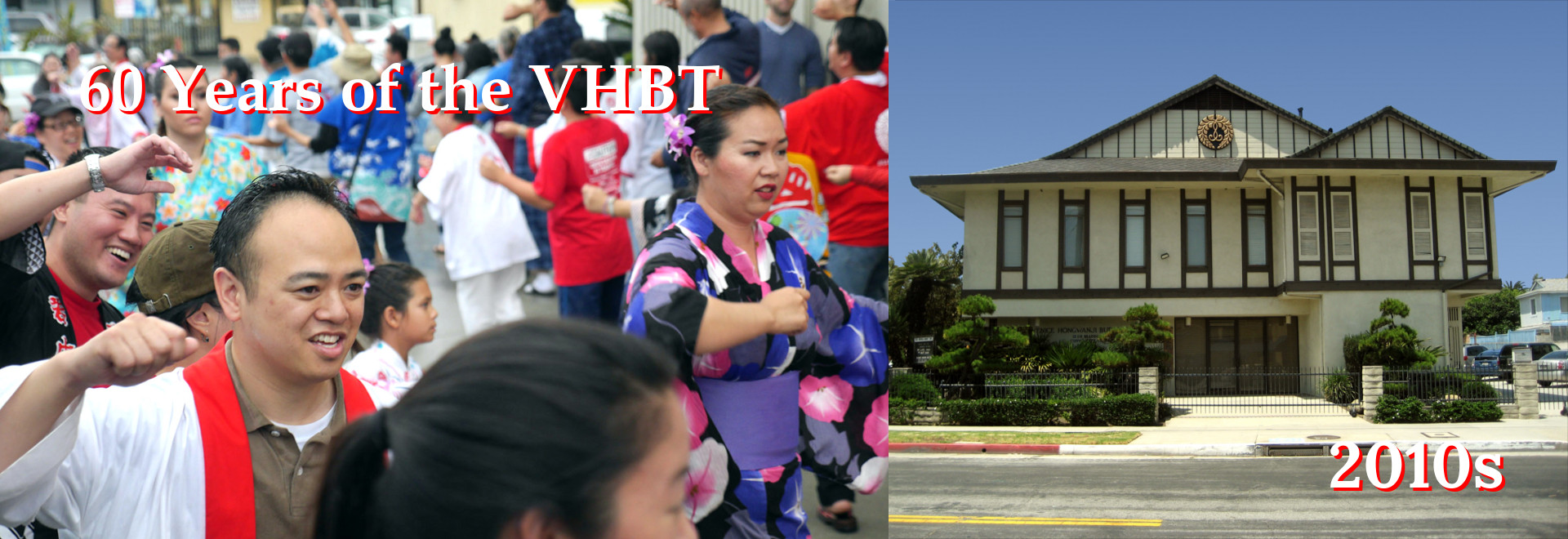My deluded thoughts,
My blind passions
Are flaring up again
There they go again:
Namu Amida Butsu
Namu Amida Butsu
Namu Amida Butsu
Saichi Asahara, in Jodo Shinshu Hongwanji-ha Hongwanji International Center, Saichi Poems 10
Have you ever…? As I get older, I find the knowledge that guides me sometimes has very little bearing on the inner person I have grown to be. I use the knowledge, and do the “right thing.” I have the long term hopes that this person that strives so hard to be at peace truly will be that ideal of tranquility that we strive to be as Buddhas. Are you a parent? For me parenting isn’t always kindness, compassion, and love first. Sometimes when parenting, I find that my initial response is anger and frustration. Then, as I look with-in, there are two individuals fighting. Within there is one older me holding the other child like me in a headlock with arms and legs flailing madly to get unleashed. Both are not the ideal. Once realizing this, then the parent emerges and tries to logically navigate life’s moments. Do you have those moments? I hope that you can hear and learn from this honest account of introspection. As a human being, I have always wrestled with impulse. Have you done the same? The impulsive person within wants what he wants.
The above passage is by Saichi Asahara, a Myokonin, or truly devout Jodo Shinshu Buddhist. Here Saichi expresses his true inner self. He also offers the perfect solution to our human desires and blind passions. Realizing the problems within, all he can do is say the name, Namu Amida Butsu. What do you see when you say it? You would think that the calming nature changes us within, and you might visualize yourself calm and serene. My greatest wish would be that I could be naturally peaceful within, and, of course, the first instinctive response would be Buddha-like. Calm, Kind, Full of Love. This can be true, and I do not doubt that for some people it might. For me, I have been saying Nembutsu all my life, but from my story it tells you something different.
Although I too am within Amida’s grasp, blind passions obstruct my eyes and I cannot see [the light]; nevertheless, great compassion untiringly and constantly illumines me.
Master Genshin of Shuryogon-in, in The Collected Works of Shinran, Notes on Once-Calling and Many-Calling
This means that it is not just saying Namu Amida Butsu that allows us to see, but Amida’s great compassion that shows us our true self as an ignorant being. In my personal example above, there are two people that are both ignorant and immature fighting. Shinran and Saichi’s passages explain together that the passion-driven person, even when truly devout, is unable to squelch their inner desires alone. When we put our hands together, let us look within, relax our self-efforts, and be engulfed in Amida’s light. As this feeling grows, continue to walk hand in hand with Amida as your guiding role model in your everyday life. When you see the inner self, see two working together. These two are you and Amida, and every time you need Namu Amida Butsu, allow it to bring deep meaning to your life. As I said before, the goal is to always and effortlessly respond to every situation with virtues of a Buddha, but it is rare. We must constantly do our best to be mindful of why the Buddha’s influence extends to each of us, and as we do this let the Buddha’s heart change your own.
Like the rivers entering the vast ocean, the foolish minds of good and evil Return to Amida’s Vow of Wisdom, as they become one with the heart of Great Compassion.
Shinran Shonin, Shozomatsu Wasan 40
“O Saichi, who is Nyorai-san?”
“He is no other than myself.”
“Who is the founder [of the Shin teaching]?”
“He is no other than myself.”
“What is the canonical text?”
“It is no other than myself.”
The ordinary man’s heart has no fixed root,
Yet this rootless one takes delight in the Hō [i.e., Dharma];
This is because he is given Oya’s heart–
The heart of “Namu-amida- butsu.”
Saichi Asahara, in Mysticism, Christian & Buddhist, by D.T. Suzuki
Let Amida illuminate your heart. Be Happy. Be Grateful.
Rev. Kory Quon
Venice Hongwanji Buddhist Temple
February, 2018
